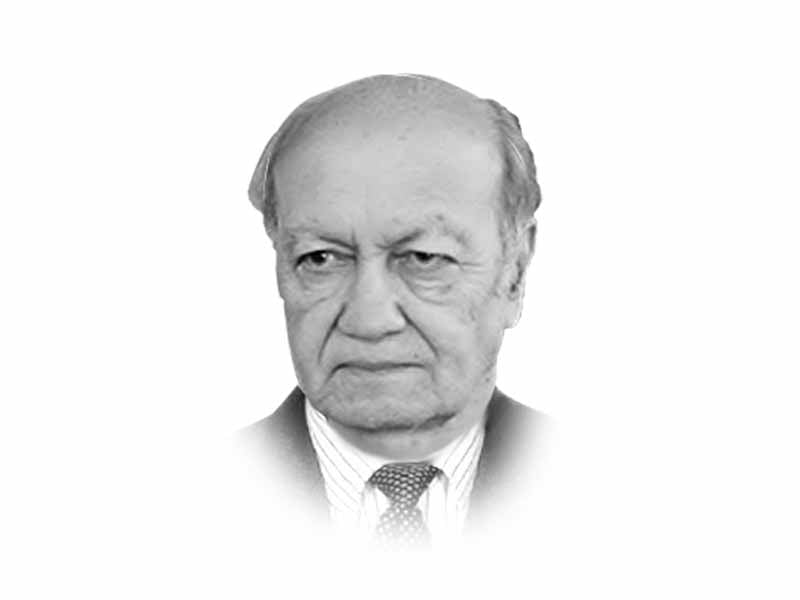
A general sense of despondency is prevailing in the country which is the cumulative impact of slow economic growth, serious political differences among political parties, lack of cohesion amongst institutions and absence of firm direction from the leadership. Our political leadership is mired in a paralysing fight that saps most of its energy and doubts arise about its legitimacy. In addition, militancy remains a critical and evolving threat especially in the border region of Khyber-Pakhtunkhwa and Balochistan. All these challenges need to be addressed on a priority basis to arrest the national slide.
More worrisome is that Pakistan is lagging behind much of the world and most of the neighbours in many critical economic and human development indicators. Equally worrisome is that most of our political leadership is mired in a paralysing fight amongst each other, giving rise to doubts about their legitimacy.
In the economic field there was until lately a leadership vacuum as to who is in charge. Hopefully, Muhammad Aurangzeb who is currently serving as Finance Minister since March 2024 will not be subjected to interference.
Appointment of Ishaq Dar as Foreign Minister and Deputy Prime Minister also came as a surprise. Most likely it was the country’s depressed state of economy that needs foreign assistance that was a weighing factor in his appointment as foreign minister and will remain the primary focus of our foreign policy. Being very close to Nawaz Sharif and enjoying his confidence gives him greater autonomy in decision-making.
There are several internal measures that the leadership will have to undertake to improve the economy by increasing exports and reducing imports where feasible. In an effort to enhance exports the quality and range of our products has to increase, requiring both short- and long-term measures that we have been neglecting for long. Our industrial and technological base will have to be expanded. As this is an undertaking spread over years, it requires consensus on policy among political parties and cooperation and support of the establishment. It will require a review of our priorities that should focus on science and technology and ensuring hundred per cent literacy over a span of five to eight years. Pakistan cannot afford the drag of having close to 23% of the population that cannot read or write. In addition, focus on girl’s education should be a priority. It is common wisdom that if a woman is educated it has a far wider impact on the family and beyond.
There does not seem sufficient realisation among the leadership of these weakness and no steps to correct the situation are in sight. It is seldom that we hear our politicians discussing and highlighting these issues. In the first instance the provinces have to increase the budget for education and ensure their proper utilisation. Schools and educational facilities in the interior of Baluohistan, Khyber-Pakhtunkhwa and Sindh particularly need considerable upgrading and provision of sufficient teachers and staff and frequent oversight.
One of the major reasons of Pakistan’s economic decline is its weak education sector. We need to ponder why education is such a low priority in our country and how a fundamental change in the attitude, especially of our leadership, can be brought about to give education the priority it deserves.
Moreover, as past reminds us the IMF’s emphasis on reducing fiscal imbalances by increasing revenue through several tax measures had an adverse impact on investment and resource allocation. It slowed down economic activity and exports declined. Several small and medium industries had to close giving rise to increase in unemployment.
The government in consultation with the opposition should in the long term have a workable plan to place the economy on the right course. It should implement energy policy, expand taxes net, take measures to reduce expenditure while avoiding where possible that these do not hit the poor. IMF assistance in the present circumstances may be unavoidable but the government must take effective measures that the country acquires fiscal and monetary autonomy in the not too distant a future. Falling back on the IMF has become a norm for Pakistan. This is the 24th time that Pakistan has sought assistance from IMF. It must privatise the few public entities especially the Steel Mills as these are a drag on the economy. It has been delaying it due to political expediency and pressure from the unions. But the delay is making the situation worse so the government should act soon in the larger interest of the country.
The leadership cannot continue to ignore these serious economic, political and strategic challenges that are retarding progress and pulling the country down. So far, the response of the government and its ability to tackle these challenges successfully has been weak. The expectations from the present government at best are modest considering the complexity of the challenges.
We also cannot ignore the reality that the power structure does not fully conform to the constitution. And the dominance of the establishment on strategic and economic issues makes decision-making process more complex and division of responsibility somewhat diffused. These challenges are not unique and are a part of the development process when democratic ethos is weak and not fully conforming to the dictates of the constitution.
The role of the opposition, especially of PTI, in addressing these issues has to be more supportive. It is also not in the country’s interest to suppress and dismantle the PTI. It spreads despondency and suppresses democratic culture that has an adverse impact on a sizeable percentage of the population and alienates it against the state. Moreover, PTI is a major political force that reflects the growing importance of urban areas and the role of the middle class in decision-making that should not be sidelined.
In essence our political parties and institutions have to further improve their political ethos that promotes progress and stability. This would require a fundamental change in the mindset and political culture of the elites.
Published in The Express Tribune, May 1st, 2024.
Like Opinion & Editorial on Facebook, follow @ETOpEd on Twitter to receive all updates on all our daily pieces.
















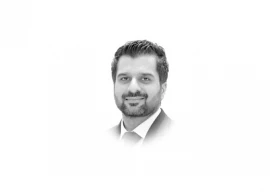
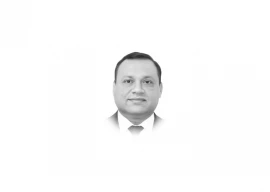

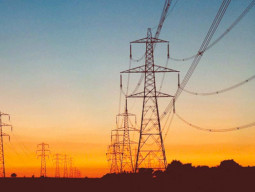
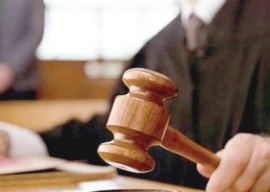

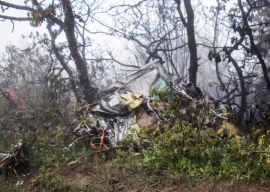


COMMENTS
Comments are moderated and generally will be posted if they are on-topic and not abusive.
For more information, please see our Comments FAQ